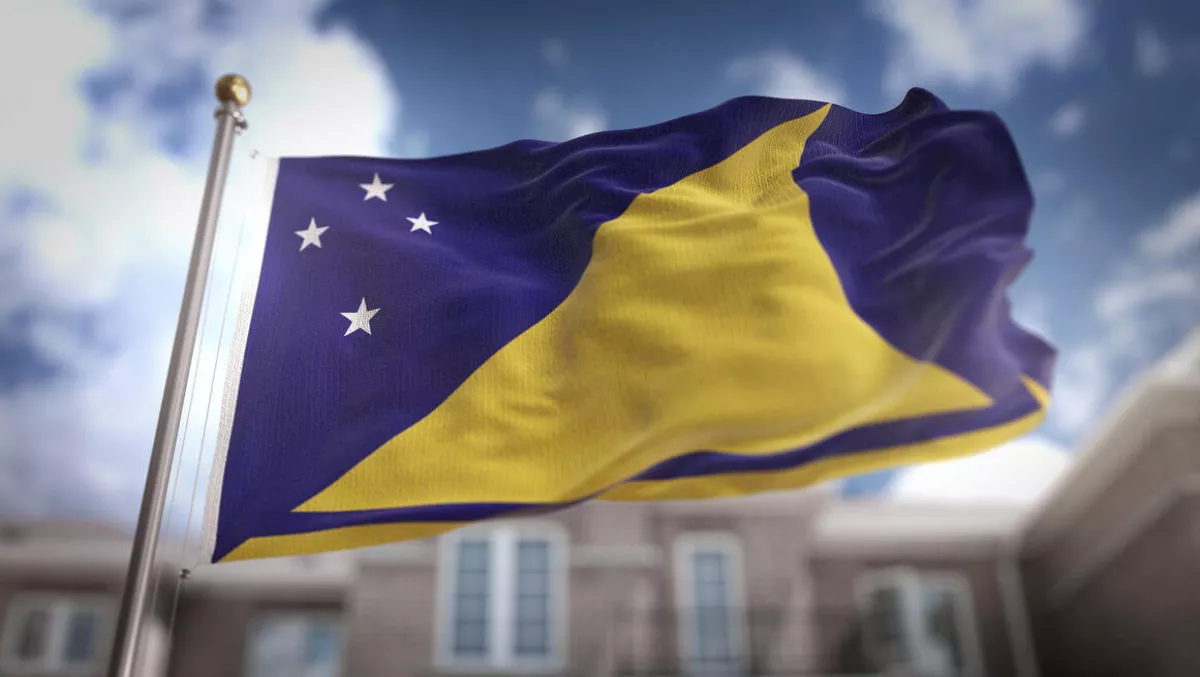
Tokelau's education system to be brought into 21st Century
Work is underway to modernise education in the remote reaches of the Tokelau atolls. With the help of Massey University, the hope is to bring the nation's schools into the digital age.
The Massey Institute of Education's Diane Leggett is leading the project to support the Tokelau Department of Education to transform their education system. Bringing digital technology to the far-flung coral atolls.
This project came into being in response to an ERO report that found the education system on Tokelau was based on many models, ideas, materials and methods from 1960s New Zealand.
Massey were contracted by the Ministry of Foreign Affairs and Trade to bring the nation's education offering up and Leggett and her team have been visiting and working on Tokelau since 2014.
Three Massey education field facilitators, Sheree Drummond, Akaiti Maoati and Elaine Lameta, are based on Tokelau. One for each of the atolls, Fakaofo, Nukunonu and Atafu.
This team is responsible for working on the ground with Tokelau teachers to help bring in curriculum changes and professional development.
Having worked closely with Tokelau policy makers, school principals, teachers, parents and pupils to develop an education plan, the team is moving into implementation.
This plan aims to bring in digital technologies, new books and a teacher-inquiry driven learning model, while incorporating and respecting tradition values, knowledge and culture.
Leggett says that the most important part of this project is having a co-construction approach.
"We're not imposing any models – we work alongside our Tokelau counterparts.
The innovations are already seeing results according to Massey, with secondary science teacher Apaenisa Leano seeing already how his students were benefiting.
"[My students] are more engaged when I use many different ways for learning to happen.
"For example, we did a science field trip on the reef. We used videos and group learning situations where the children ask and answer their own questions. Before I had this professional development, I planned to cover the curriculum. Now I plan so I cater for all my students. I use what I know about their achievement and abilities to decide what I need to teach and what level I need to teach them at.
Due to the remoteness of the atolls, there are many technical challenges that the project has had to overcome. Cyclones, high temperatures and low resources all factor into daily life on Tokelau.
Though Tokelau is the only nation in the world that runs 100% on solar power, unfortunately it can only get the internet through costly satellite access.
In spite of this, the Massey team has managed to implement a virtual online learning community to allow communication with mentors in New Zealand.
Leggett says it's an important time for Tokelau, and being able to help with innovating their education system couldn't come at a better time.
"The project is being undertaken at a critical time for the island nation, which is under threat from rising sea levels caused by climate change.
"While many Tokelauans have migrated to New Zealand, Australia and other parts of the world, creating educational resources that will ensure the Tokelau language and culture can be preserved for future generations is a central part of the project.
The Massey team will continue working to implement Tokelau's new digitally-driven system, the transition is planned to be completed by 2019.

